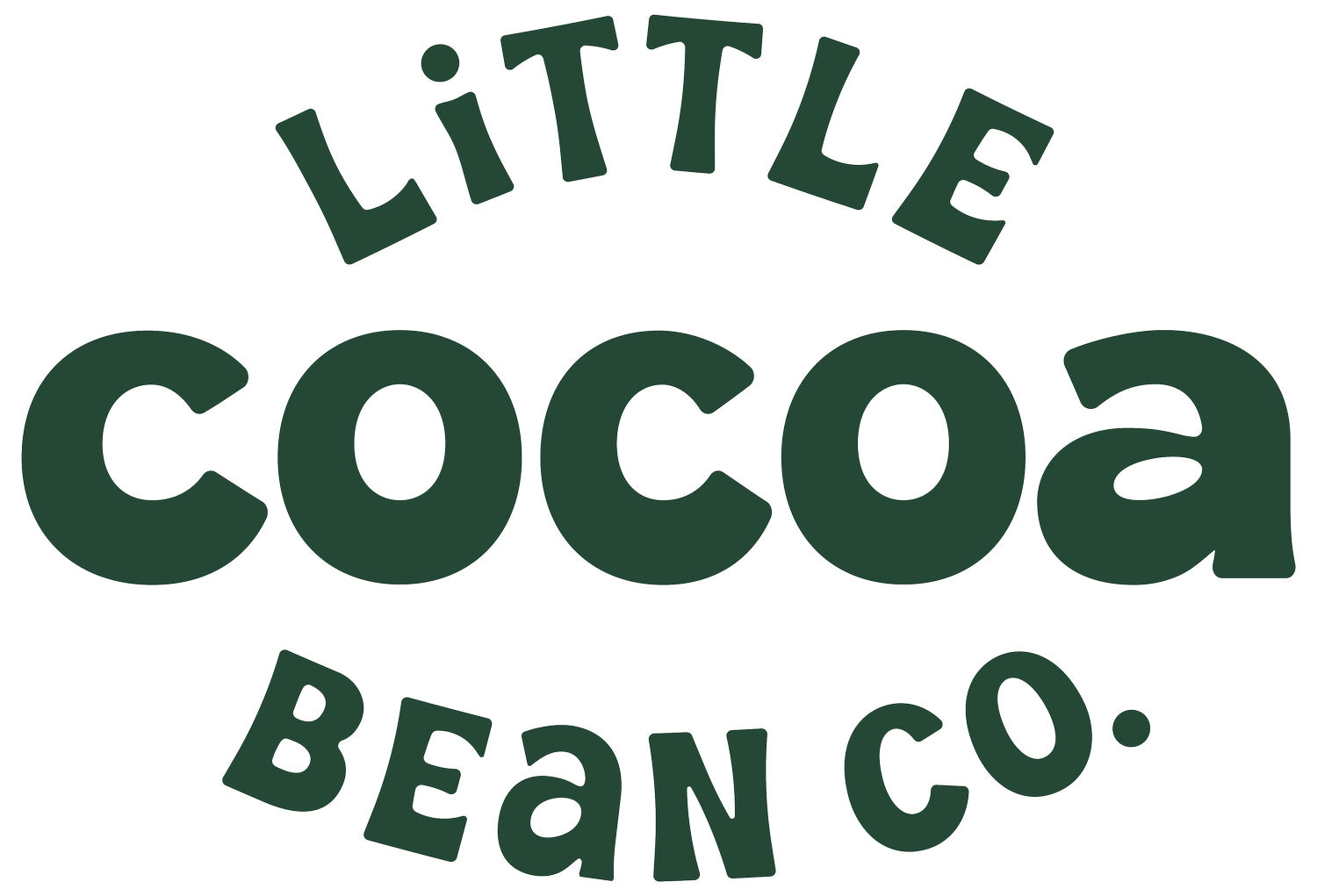Introducing Dates!
Dates come from the date palm, which may have originated in modern day Iraq. Dates grow on date palms in clusters. It has played a major role in the history of North America and the Middle East as it has been a staple food and major source of wealth. Today, dates are grown in northern Africa, the Canary Islands, the Middle East, India, Pakistan, California, Mexico, and the United States. Dates usually taste the freshest in the fall and early winter, and who doesn’t love a good loaf of Date Nut Bread in the fall? Also, the good news is that dates are long lasting when sealed. And even better for everyone’s pockets, dates can last up to one year when sealed and years when frozen! (Source/Source).
Date’s Nutritional Facts
To start off, it is highly important to note that dates are very abundant in natural sugars, so if there’s a family history of diabetes (or monster cavities), consume in moderation. Now that the serious part is over, while dates are very sugary, they still provide a much better alternative to sweets that lack calories. This is because in functioning as a great substitute, dates replace refined sugars. When looking at the nutritional facts, dates contain 20 calories, 0.17 grams of protein, 0.03 grams of fat, 5.33 grams of carbohydrates, 0.6 grams of fiber, and 4.5 grams of sugar. Dates are high in polyphenols, which are found to fight inflammation. It also contains sufficient amounts of fiber, which help your baby to feel fuller for longer. It even contributes essential nutrients to your diet such as potassium, magnesium, iron, and manganese. You can learn more about the benefits of iron in your growing baby’s diet at our site: Little Cocoa Bean Co.!

